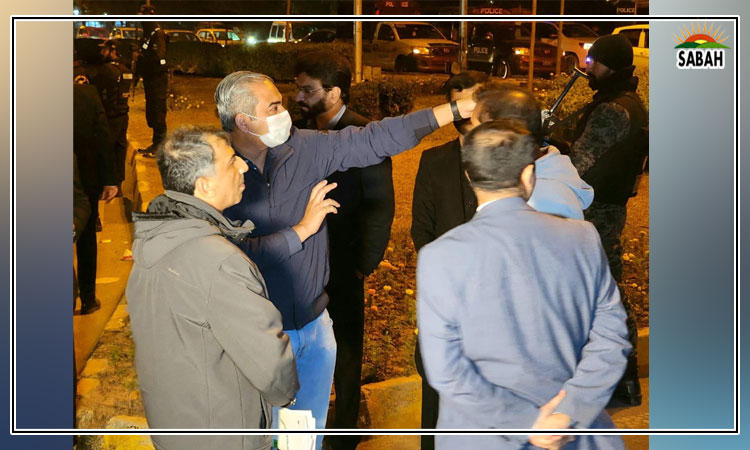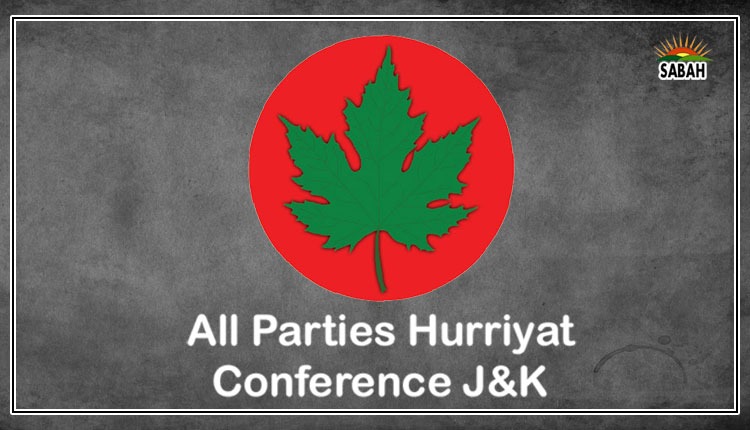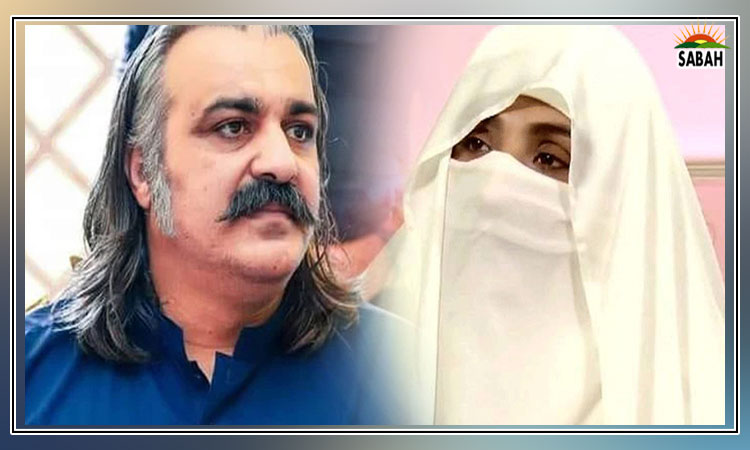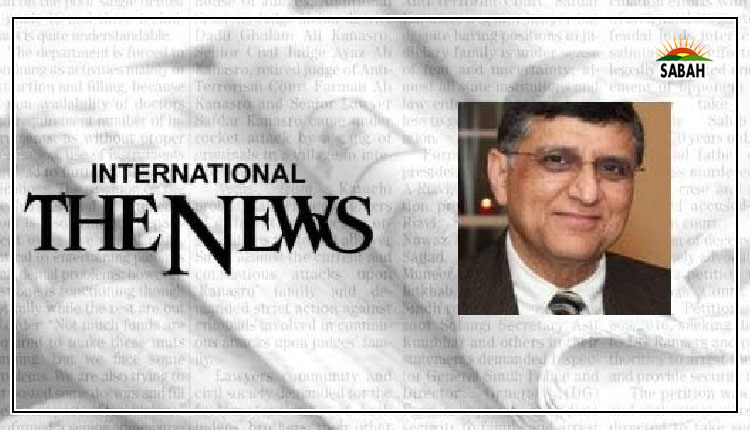Alternate universes…S Qaisar Shareef
The whole world is a book, and those who do not travel read only a page. This is a quote ascribed to Saint Augustine, the fourth century Christian saint of North African origin.
I recently went on a weeklong trip to Egypt along with two friends, and what an education it was. We visited Cairo, Aswan, Luxor and Alexandria, and stopped at some small towns as well. Seeing these places with highly knowledgeable guides, one had to marvel at the accomplishments of the ancient Egyptians.
The engineering accomplishments of the pyramid builders are well known the largest of them containing a million blocks of stones each weighing a ton or more. Stones brought over from hundreds of miles away and somehow lifted into place. Tunnels inside the pyramids lead to burial chambers of the Pharaohs. Accomplished 5000 years ago before perhaps even the invention of the wheel.
Then there are tombs carved deep into the hills at the Valley of the Kings, just outside Luxor along the river Nile. With exquisite paintings on the walls of the tunnels leading into the burial chambers, the colours of which have survived to this day. Equally impressive are the Luxor and Karnak temples in the city.
While surely much has been lost over the millennia, what remains is still awe inspiring. Among the surviving artifacts are the obelisks; columns that have been carved out of mountains of granite using no more than hand tools and basalt rock to create a smooth column weighing several tons. Exquisitely decorated with hieroglyphics and cartouches of Pharaohs and kings whom these obelisks were built to commemorate.
Obelisks seen today in Istanbul, Paris, and New York were all created in ancient Egypt. And carried to faraway places. But seeing them in their place of origin, including one in Aswan which was left unfinished as the granite had cracked before completion gave us a whole new perspective on the art and labour involved in making obelisks.
There were other interesting observations from the visit not related to ancient Egyptians. We visited Wadi Natrun, a small town about an hour North of Cairo, known for its ancient Coptic Christian monasteries, dating back many centuries. On a Friday all the monasteries were teeming with devotees men, women, and children. There were posters and pictures of saints, revered personalities in the Coptic faith.
The atmosphere was not much different from what one may find at a Sufi shrine in Pakistan. Devotional and upbeat at the same time. Visitors were kissing corners of cloth coverings on tombs and some having their babies touch them, looking for blessings of their saints.
We were told 2030 per cent of the Egyptian population are Coptic Christians. People whose roots go back to the early days of Christendom, well before the arrival of Islam in Egypt. No official statistics are available as to the exact proportion of Christians in Egypt, but they are a sizable minority. While this religious community has suffered some attacks at the hands of extremists over the past years, what we saw was a thriving community, very much in the mainstream of the country.
The most interesting part of our visit came in conversations with our guides. We asked them about various American presidents of the past couple of decades. To our surprise almost all of them picked Donald Trump as the American president best for Egypt. He did not tell us what kind of leadership Egypt should have, we were told. On the other hand, Barack Obama, who had traveled to Cairo as his first overseas trip with the goal of extending a hand of friendship to a Muslim majority country, was seen negatively: He lectured the Egyptians.
There were other surprises one of our guides told us he liked Trump because he always told the truth. Trump, who was documented in the US as having told 30,000 lies during his four years in office! Another guide had learned from American tourists that during Trumps administration people of America had the best healthcare. Never mind Trumps repeated efforts to take away health insurance from over 20 million Americans.
We live in a world of multiple realities and so-called alternate facts. As these alternate facts travel across national borders, it appears they are also creating alternate universes.
Courtesy The News












